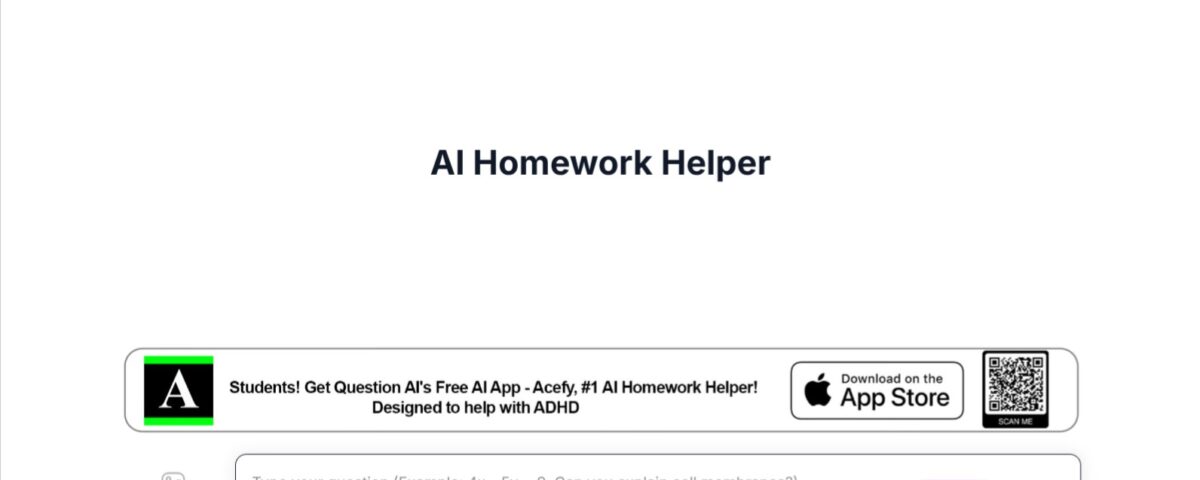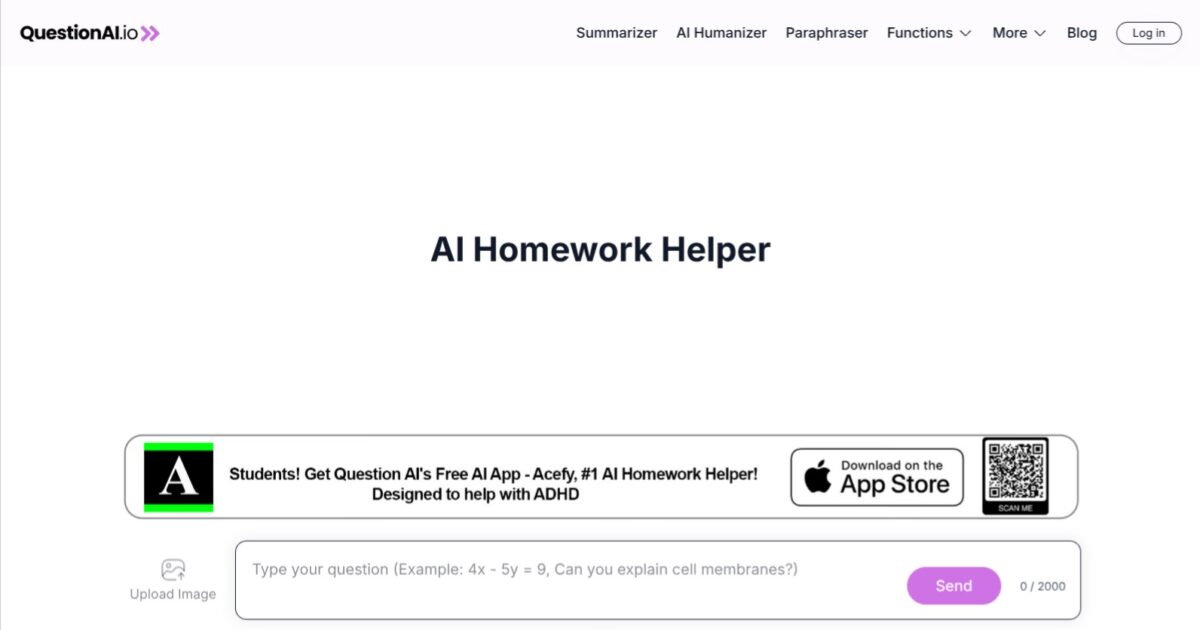QuestionAI.io
I had a chance to try out QuestionAI.io and it acts as a brainy friend who’s always ready to help with homework. The setup is dead simple: I snapped a photo of a calculus problem from my old textbook, and within seconds, the Math Solver churned out a step-by-step breakdown. It didn’t just give me the answer — it showed the work, like a teacher grading your paper. I also typed in a vague question about photosynthesis, and the AI didn’t miss a beat, delivering a clear explanation with just enough detail to make sense without drowning me in jargon. Available on my phone and laptop, it’s slick and responsive, which is more than I can say for AnswersAi, which I’ve heard struggles with certain platforms.
What I liked most was the Text Summarizer. I uploaded a dense PDF chapter on European history, and QuestionAI.io boiled it down to a page of key points. It’s not just cutting words — it’s picking out what matters, which saved me from a late-night slog. The interface feels clean, almost too simple, but it gets the job done. Compared to GoMim, which is laser-focused on math, QuestionAI.io’s ability to handle everything from chemistry to literature makes it a better all-rounder. Even CollegeBot feels narrower, sticking mostly to academic basics.
The downsides hit me hard, though. Ads. Oh, the ads. Every other click, a video ad popped up, and I had to wait it out or close the app to dodge it. It’s like a mosquito buzzing in your ear — irritating and constant. I also noticed a hiccup when I asked about a niche topic in organic chemistry; the answer was close but missed a key detail I later found in my notes. The 98% accuracy claim feels optimistic based on my brief spin. Still, the ability to ask follow-up questions without starting from scratch was a pleasant surprise, keeping the conversation flowing naturally.
What caught me off guard was how intuitive it felt. I asked, “What’s the deal with black holes?” in a casual way, and it gave me a crisp, engaging answer, not some robotic data dump. That’s a win over stiffer tools like iAsk. For students, this is a solid sidekick, but it’s not your whole study plan. Use it to break down tough problems or summarize readings, but always cross-check for accuracy. If you’re on a free plan, brace for ads or consider upgrading for smoother sailing. Keep it handy for quick fixes, and you’ll probably find yourself reaching for it more than you expect.
What are the key features? ⭐
- Math Solver: Breaks down complex equations with step-by-step explanations.
- Text Summarizer: Condenses textbooks or PDFs into concise, clear summaries.
- Multi-Subject Support: Covers subjects like math, science, history, and literature.
- Photo Upload: Allows users to snap photos of problems for instant solutions.
- Conversational Queries: Processes natural language questions for intuitive use.
Who is it for? 🤔
Examples of what you can use it for 💭
- High School Student: Uses Math Solver to tackle algebra homework with clear steps.
- College Student: Summarizes lengthy textbook chapters for efficient exam prep.
- Educator: Provides students with quick explanations for complex science concepts.
- Self-Learner: Explores historical events with conversational, detailed answers.
- Busy Professional: Clarifies technical topics for work-related research.
Pros & Cons ⚖️
- Supports multiple subjects.
- Clear, step-by-step solutions.
- Free version widely accessible.
- Frequent ads disrupt flow.
- Occasional accuracy issues.
FAQs 💬
Related tools ↙️
-
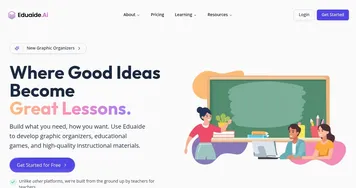 Eduaide.AI
An AI service that aims to change the game for teachers who want to teach smarter, not harder
Eduaide.AI
An AI service that aims to change the game for teachers who want to teach smarter, not harder
-
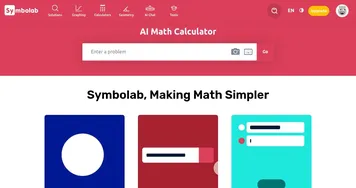 Symbolab
Solves math problems with step-by-step explanations
Symbolab
Solves math problems with step-by-step explanations
-
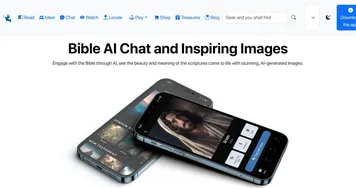 BiblePics
Creates AI-generated images and chats to enrich Bible study
BiblePics
Creates AI-generated images and chats to enrich Bible study
-
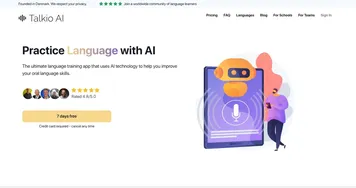 Talkio AI
The language training app for the browser that uses AI to help you improve your oral language skills
Talkio AI
The language training app for the browser that uses AI to help you improve your oral language skills
-
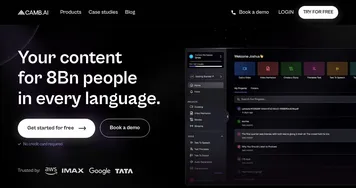 Camb.ai
An AI-powered platform that can transform how videos are dubbed and translated
Camb.ai
An AI-powered platform that can transform how videos are dubbed and translated
-
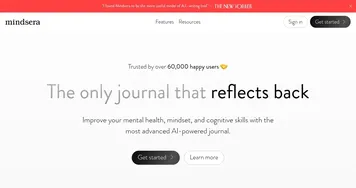 mindsera
An AI-powered journal, copilot for thinking, gym for the mind, and more
mindsera
An AI-powered journal, copilot for thinking, gym for the mind, and more

